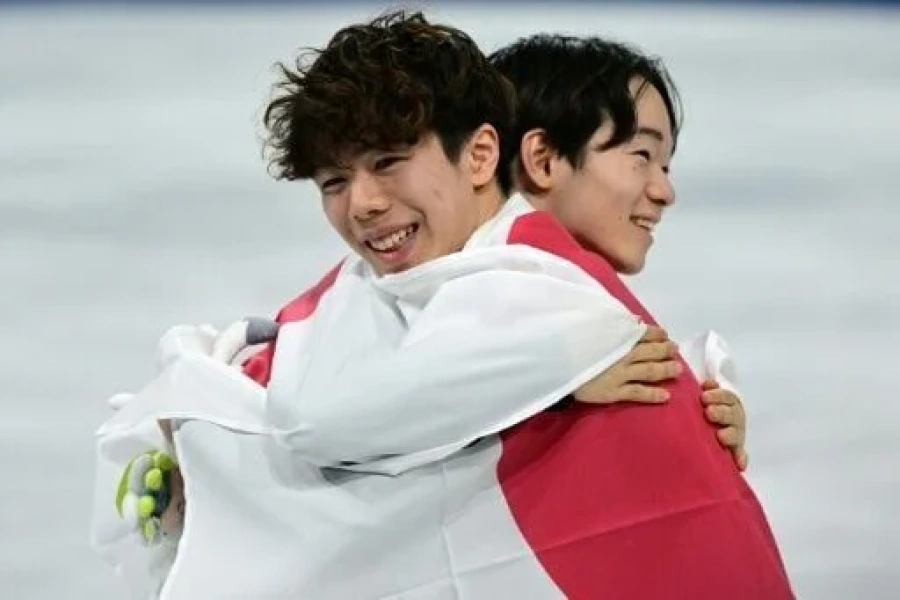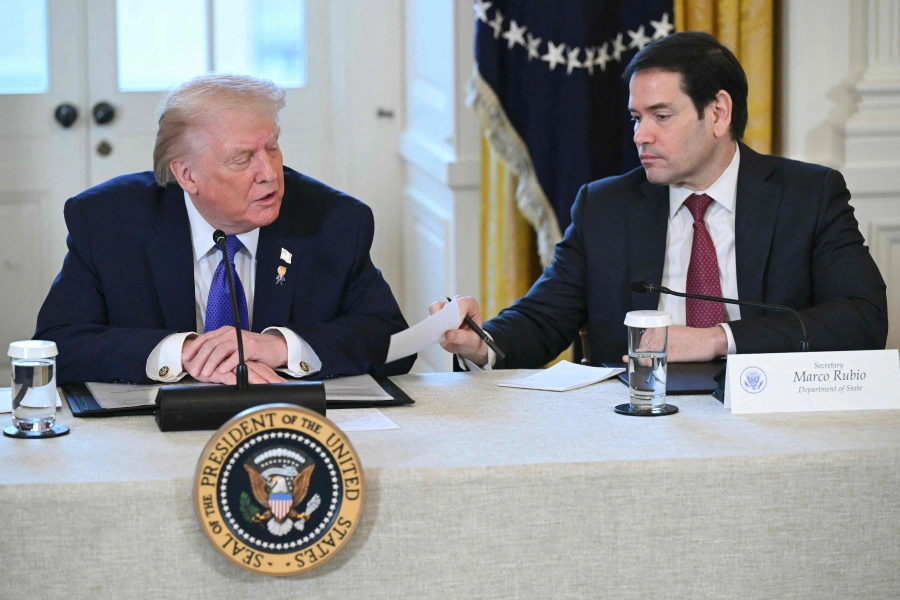KATHMANDU, Sept 20: Indian Prime Minister Narendra Modi hit the headlines for putting up for auction over 2,700 gifts he received during his visits within the country and abroad in the past year, with the proceeds going to the Namani Gange Program launched to rejuvenate the River Ganges.
In our own country, this particular incident has aroused curiosity as to where similar gifts received by our heads of state or government and other top officials end up. It is customary protocol to exchange gifts like watches and rings during official foreign visits.
Officials at the Ministry of Foreign Affairs (MoFA) said that there has been no system for keeping a record of such gifts in recent years. “Normally, there is an exchange of gifts during state visits. But I am not aware of any record of such gifts being kept. Nor are the gifts submitted to the government authorities concerned” said a senior official who preferred not to be named.
Those familiar with such matters said a record was kept on official gifts until the early 1990s. “When Girija Babu became prime minister for the first time, he asked his aides to submit all the gifts he received in his capacity as head of government during his visits abroad,” said Hari Sharma, who served as advisor to the then prime minister.
Discussions on bill for privileges to Ex-VVIPs

Sharma, however, said the system of turning in the gifts received during official visits gradually fell into disuse after the 1990s. “I am not aware if such gifts are registered in the list of properties at the prime minister’s official residence,” Sharma further said.
Former foreign secretary Madan Bhattarai said members of the royal family used to keep gifts received during visits abroad at the palace itself or at the museum at Chhauni. These gifts can be seen even today. However, things changed after the restoration of democracy in 1990.
Retired foreign ministry officials said the chief of protocol used to maintain a detailed list of gifts until 1990. In most cases now, MoFA is not even aware if those occupying the highest public offices have received any such gifts when visiting abroad.
Earlier, the king would take all gifts to the palace and these automatically became the property of the state. But these days the gifts received by the president and the prime minister, for instance, become unaccounted for once they retire from office.
Experts argue that there must be a code of conduct regarding gifts received by those in high office. “The gifts received during state exchanges must be declared as is done in India and elsewhere. It is not simply a matter of a gift. Gifts may be used to influence policy decisions,” argued Sharma.
It is for this reason that there is a system in place in many countries for declaring the gifts received by those in high office including bureaucrats and parliamentarians and maintaining a record of such gifts.
For instance, the gifts received by such officials in India are meticulously recorded at a Toshakhana under the Ministry of External Affairs, and this record is published on a quarterly basis. In the US also, all gifts valued at over a certain amount automatically become the property of the state. Taking such gifts home is considered tantamount to corruption.
Former foreign minister Ramesh Nath Pandey also said no system has been developed for managing the gifts received by state officials. “It’s high time the government developed a code of conduct governing gifts. Transparency in such matters is important as gifts can be used to influence policy decisions. Taking home the gifts one receives in an official capacity should be treated as a corrupt practice,” he argued.






































